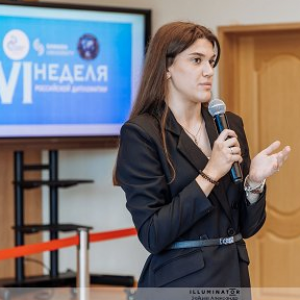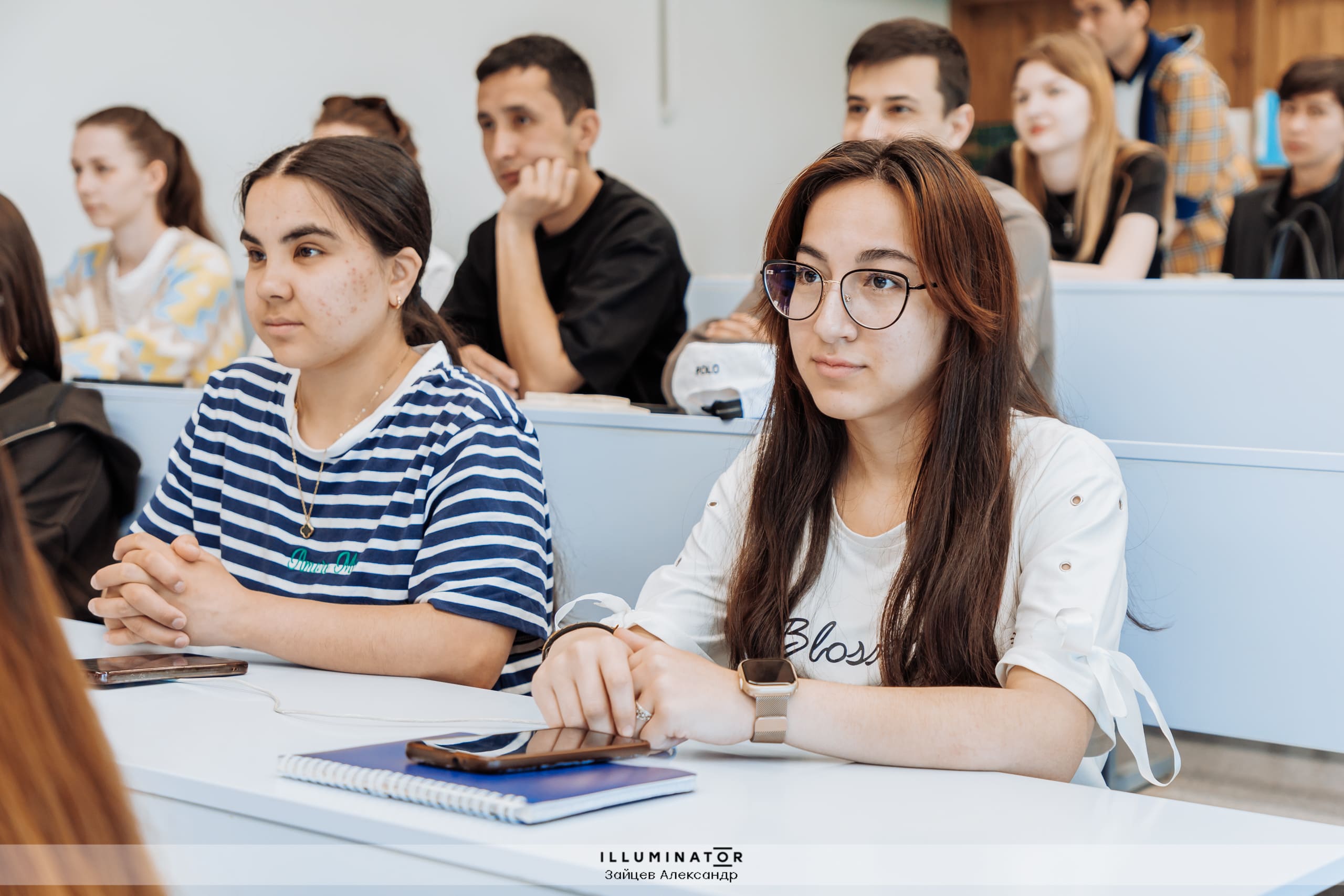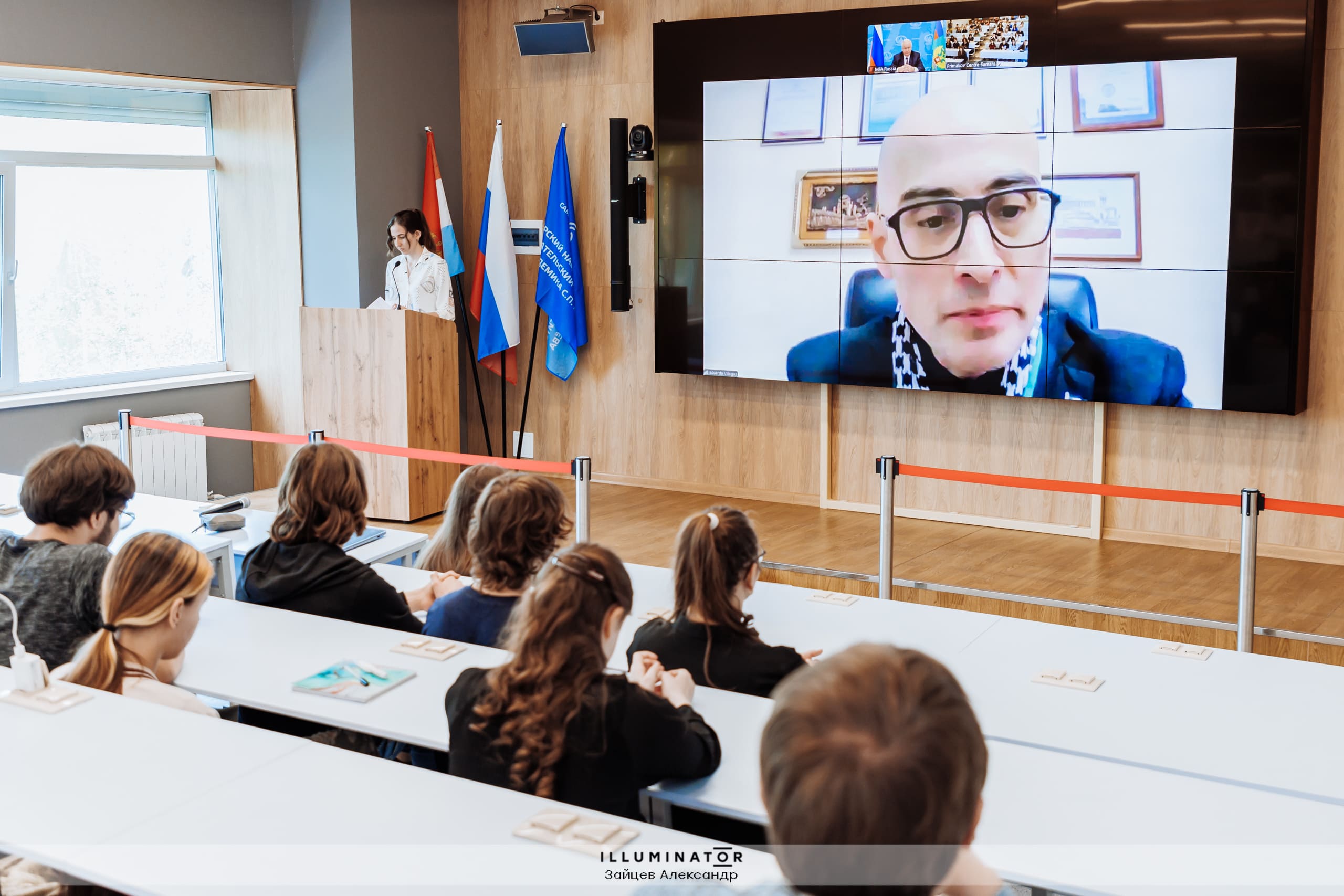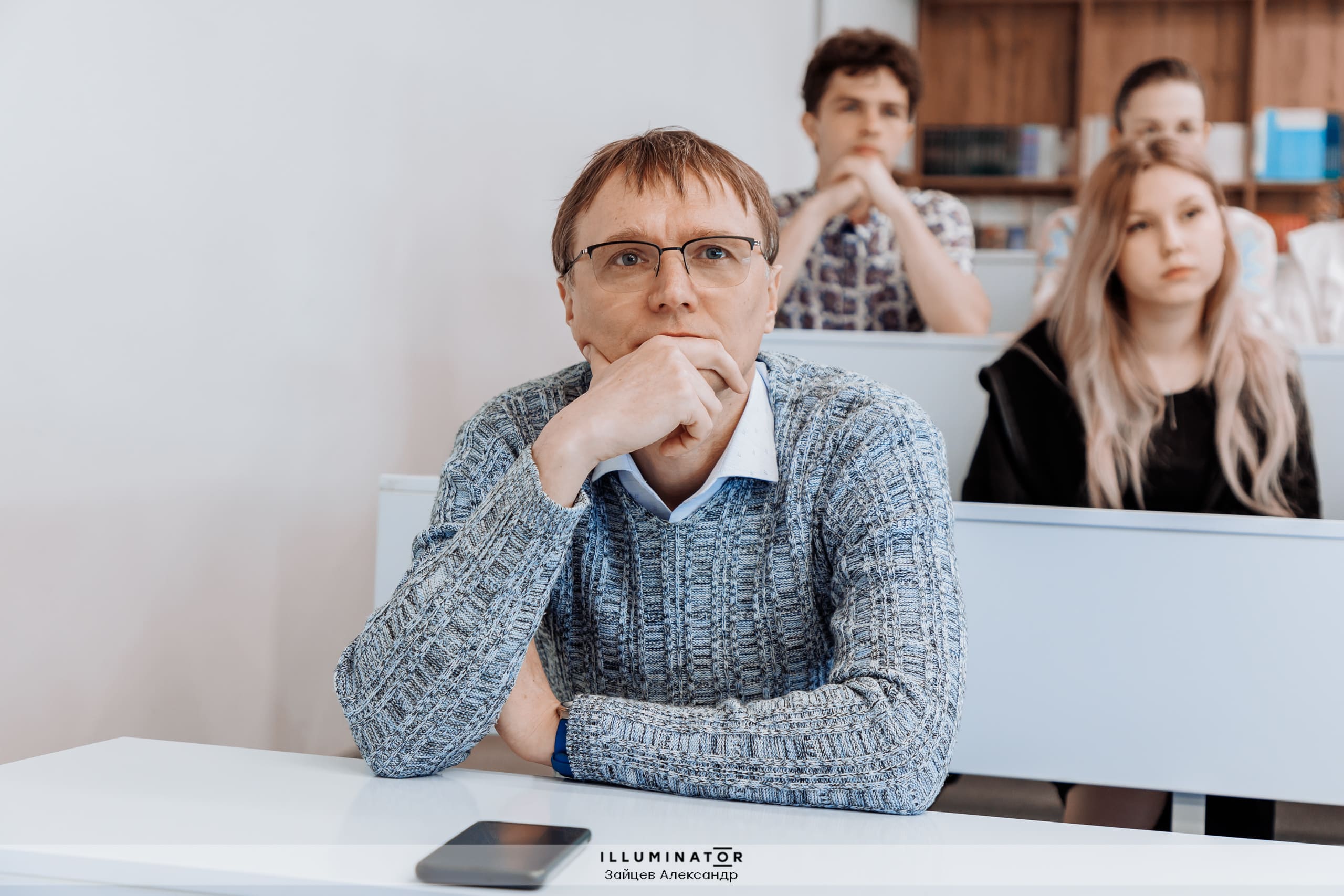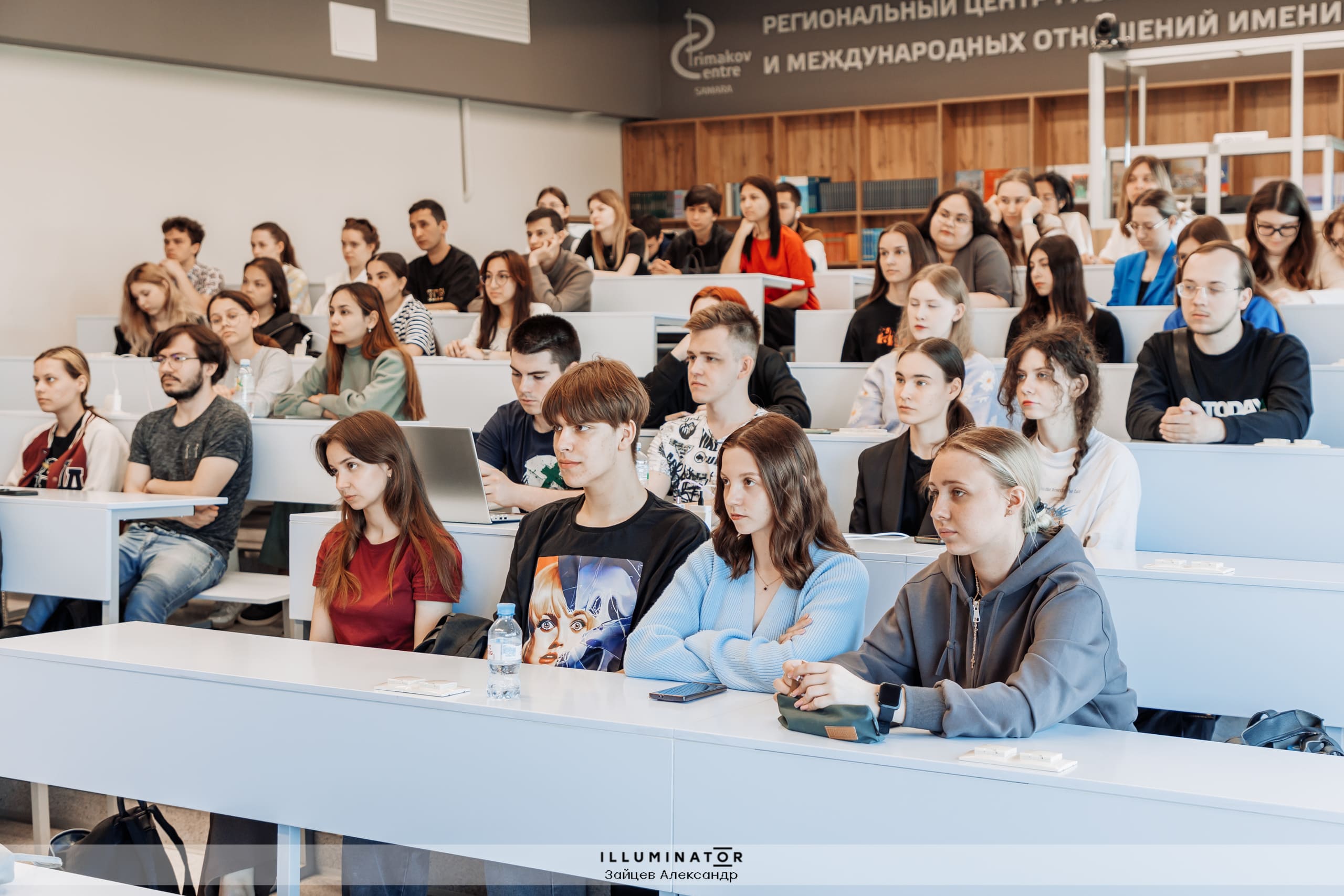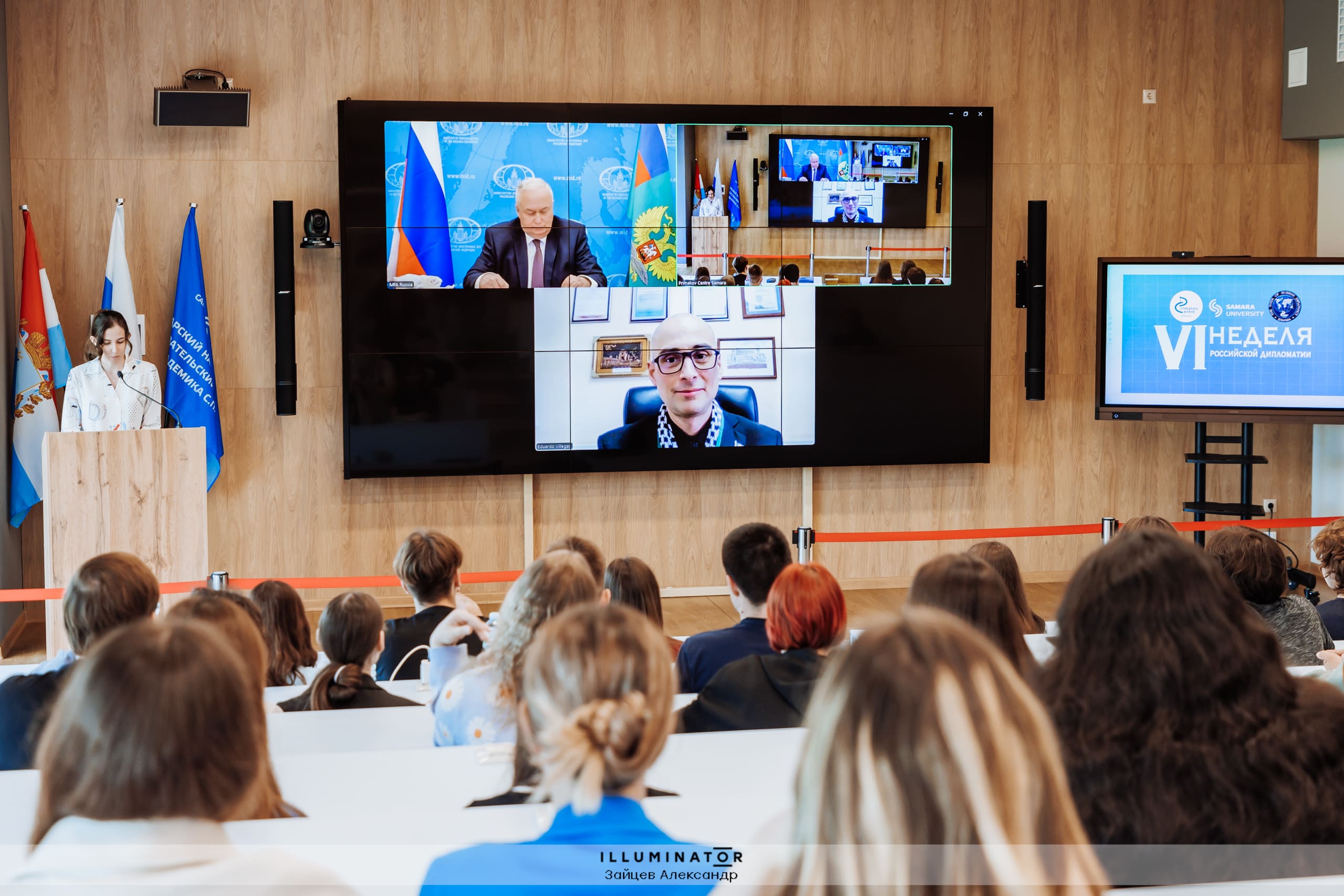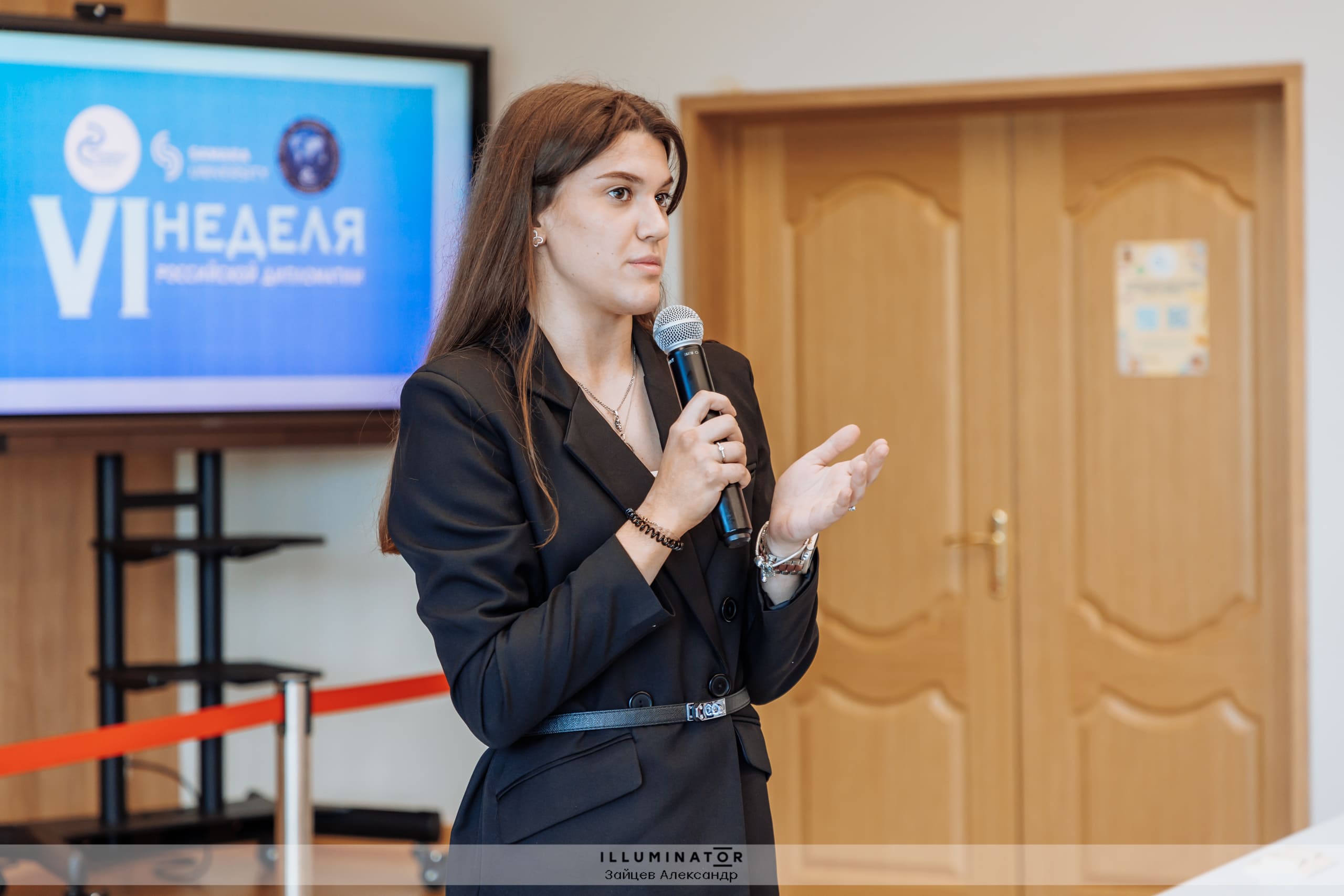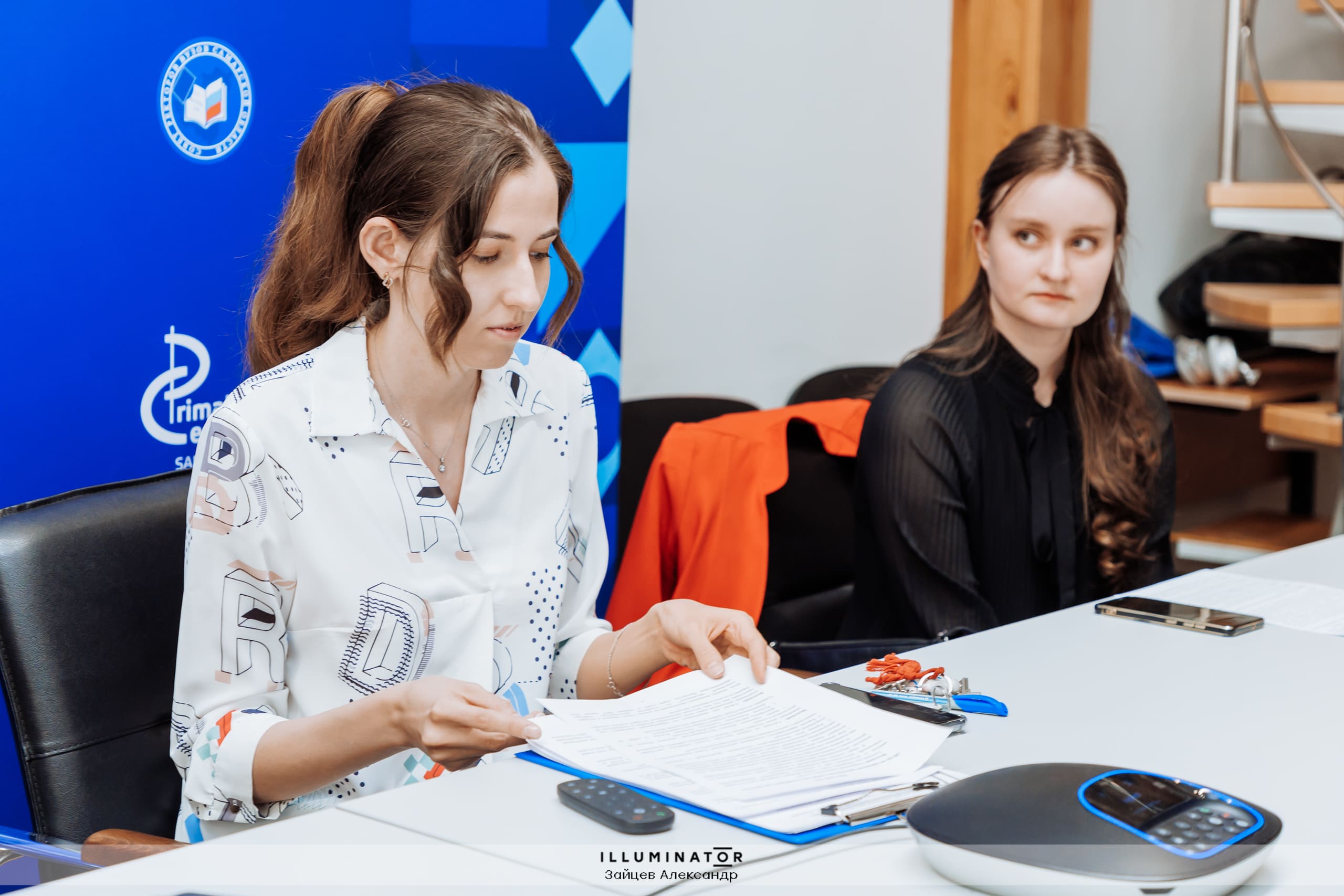On April 23, 2025, Section II, "The Role of Sports Diplomacy in the Modern World," was held at the Primakov Center as part of the "VI Week of Russian Diplomacy". Experts from various countries discussed pressing issues related to the use of sport as a tool for international cooperation and peacebuilding.
Speakers at the section included:
· H.E. Eduardo Villegas Mejías, Ambassador Extraordinary and Plenipotentiary of Mexico to Russia, who shared insights on sports development in Mexico. The Ambassador emphasized the importance of sport for strengthening cultural ties and enhancing mutual understanding between peoples.
· Mikhail Vladimirovich Khorev, Special Representative of the Russian Ministry of Foreign Affairs (MFA Russia), spoke on "Russia's Sports Diplomacy," highlighting the importance of promoting national interests through sport and developing international cooperation based on principles of integrity and mutual respect.
· Ekaterina Gennadyevna Torubarova, Head of the Public Diplomacy Department at Rossotrudnichestvo, presented "The Role of Sports Diplomacy in the Modern World" from a public diplomacy perspective, stressing its significance in shaping a positive image of Russia abroad.
· Mary Rafaelevna Avdalyan, Senior Research Fellow at the ISAA MSU, delivered an intriguing analysis on "Kirsty Coventry and IOC Policy: A Chance for New Dialogue or Continued Isolation?", sparking a lively debate on the role of international sports organizations in the modern world.
· Ruslana Salamova, Russian and World Hand-to-Hand Combat Champion, student of Samara University, shared her personal experience and vision of the "Role of Sport in the Modern World," noting that sport cultivates mental fortitude, discipline, and respect for opponents.
Key discussion topics were:
· The role of sports diplomacy in the current geopolitical landscape.
· The contribution of sport to forming a positive image of countries on the international stage.
· The use of sport for developing youth cooperation and strengthening humanitarian ties.
The section was conducted as an open discussion, with participants asking questions and exchanging views.
Also on the second day of the "VI Week of Russian Diplomacy," a joint teleconference roundtable was held with the Institute of Asian and African Countries (ISAA) at Lomonosov Moscow State University on the topic "Playing by Diplomatic Rules: Sport as a Platform for Dialogue". The roundtable brought together experts and young researchers who presented interesting reports and shared their experiences.
Experts at the roundtable included:
· Ruslana Salamova, Russian and World Hand-to-Hand Combat Champion, student of Samara University, spoke about the personal contribution of athletes to strengthening a country's international image and promoting sports values.
· Armen Vantsev, eight-time Russian Champion in Cycle-Ball (Bike Trials), Master of Sport, member of the Russian National Team, shared his impressions from participating in international competitions, noting that sport erases boundaries and unites people from different cultures.
Students presented their research:
· Maria Safonova, Ksenia Yolcheva, and Artyom Pristupa, Master's students at the ISAA MSU Department of African Studies, presented the report "Africa's Experience in the History of Sports Diplomacy," discussing the use of sport to unite African countries and overcome conflicts.
· Diana Abdrakhmanova, student of Samara University, presented the report "Development of National Sports Diplomacy: From Sports-Ideological Confrontation in the USSR to Sport as an Instrument of Russia's 'Soft Power'," analyzing the evolution of approaches to sports diplomacy in our country.
· Nikita Klimov, student of Samara University, shared an original perspective on "New Waves of Diplomacy: How Wakeboarding Becomes a Platform for Communication," presenting this new sport as a novel platform for international interaction and cultural exchange.
The moderator was Guzaliya Shakurova, Deputy Director of the Primakov Center (Samara).
Participants discussed a wide range of issues, from historical aspects of sports diplomacy to modern trends and new opportunities for using sport as a "soft power" tool. Particular attention was paid to the role of youth in developing sports diplomacy and promoting the values of peace and cooperation.
Text: Guzaliya Shakurova, stud. gr. 5201-460401D
Photo: Alexander Zaitsev, stud. gr. 5301-460301D
